How does the male ball valve design enable smooth and effortless on/off operation?
The male ball valve design is a key characteristic...
MORE >>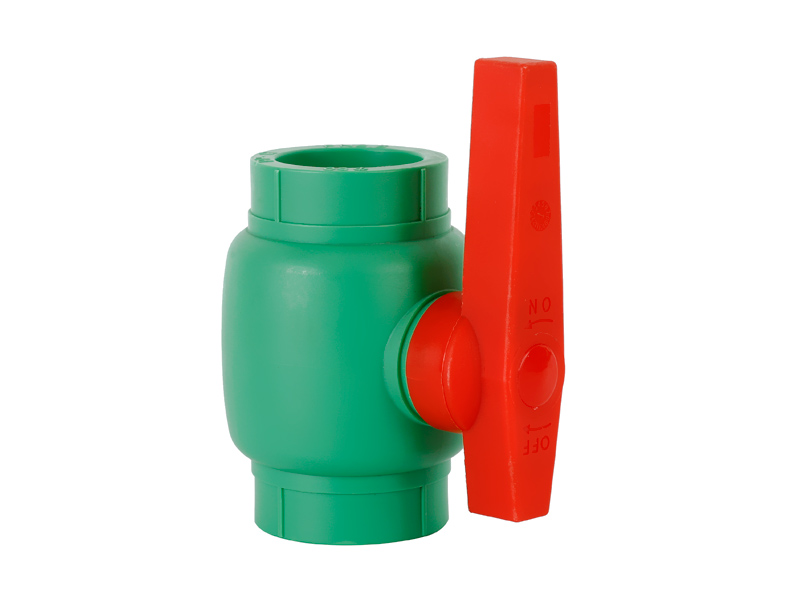
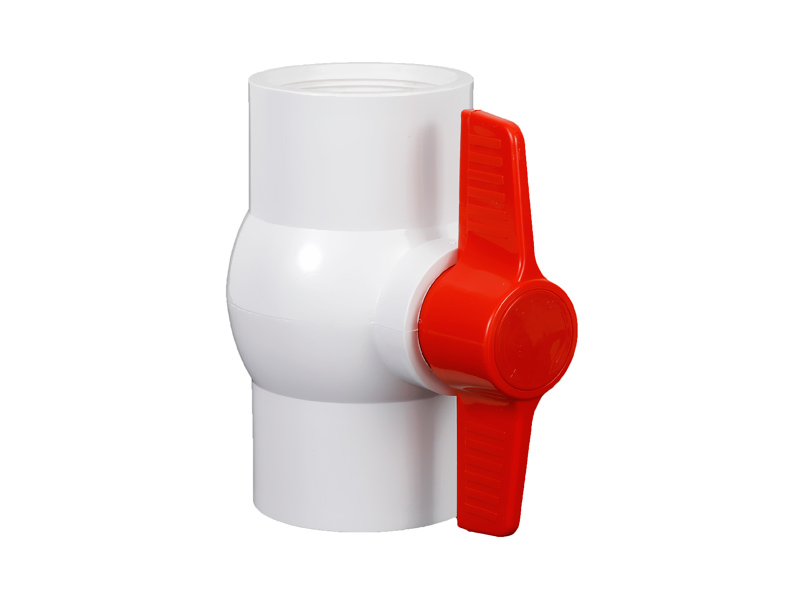
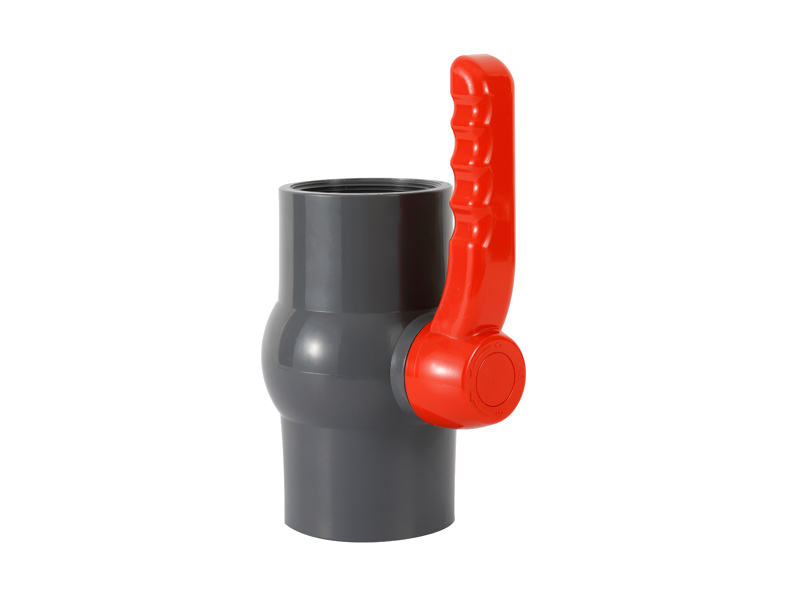
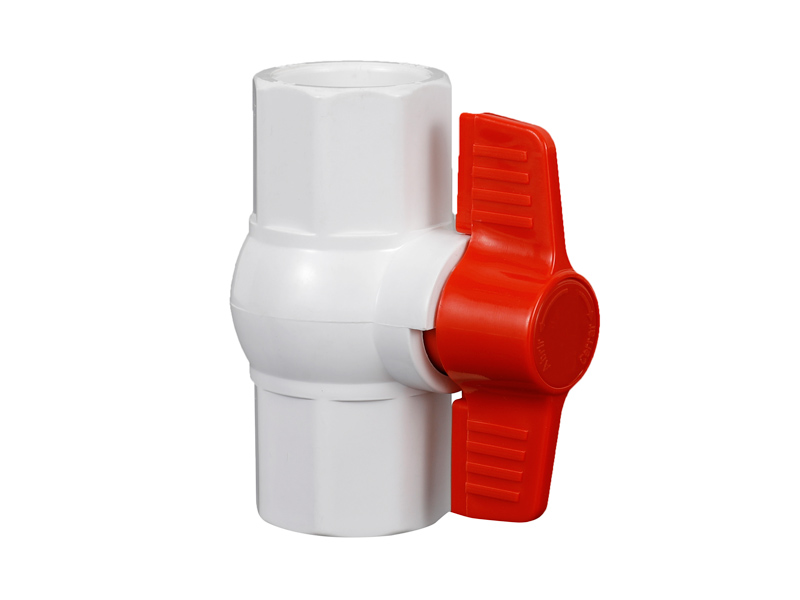
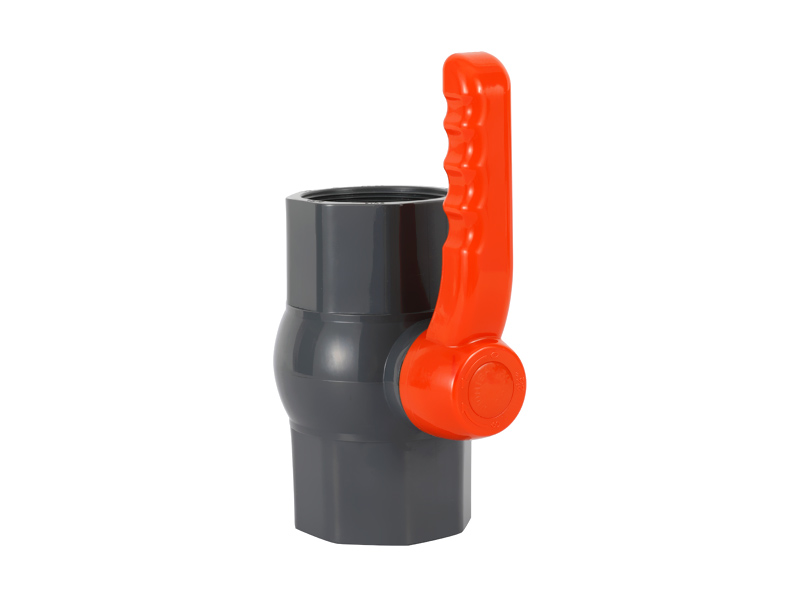
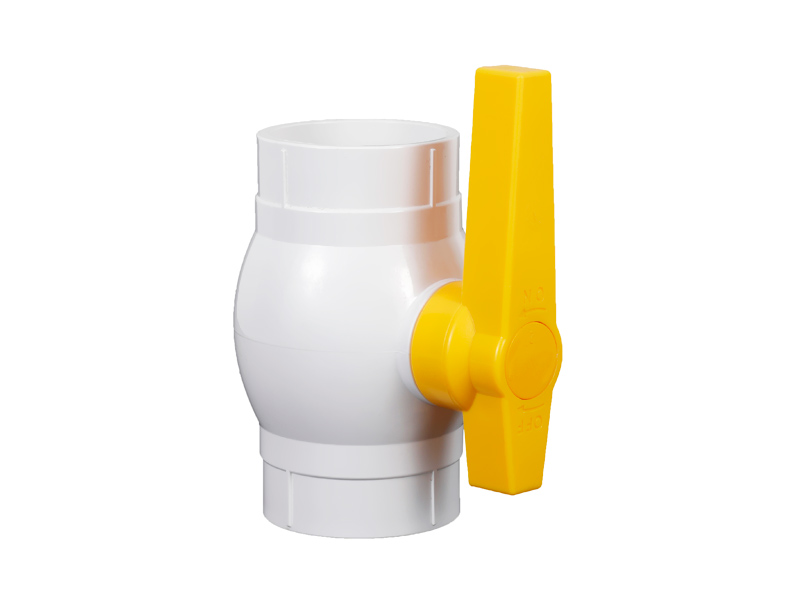
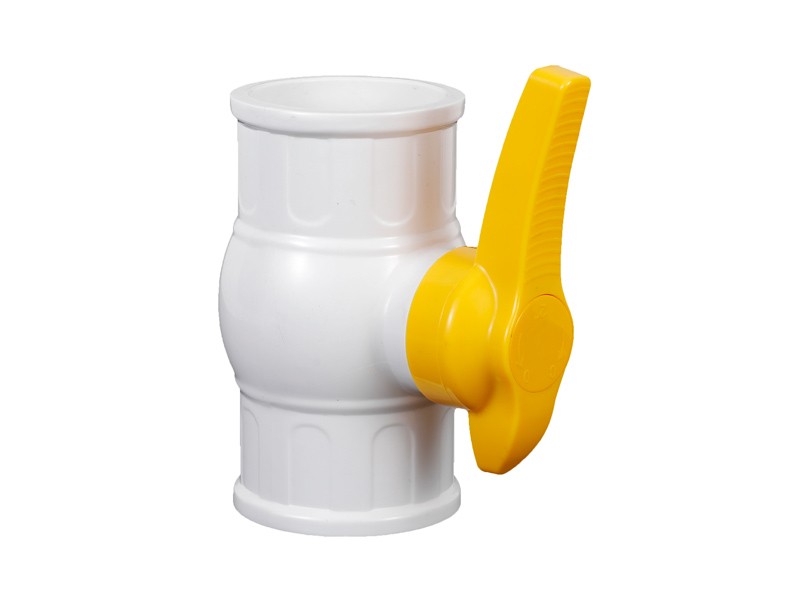
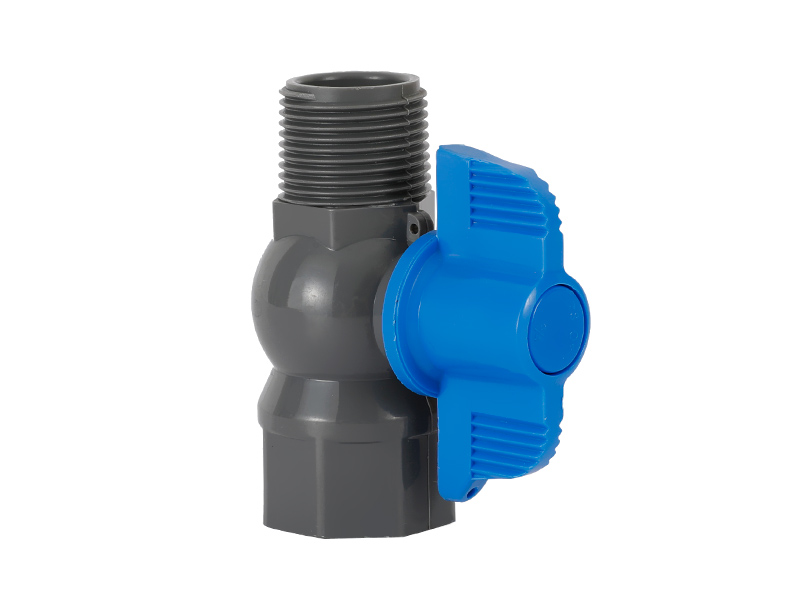
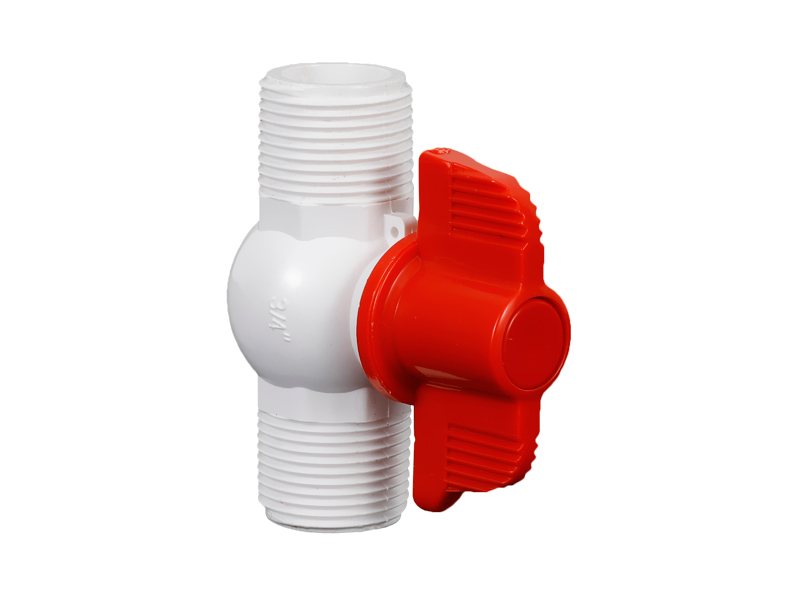

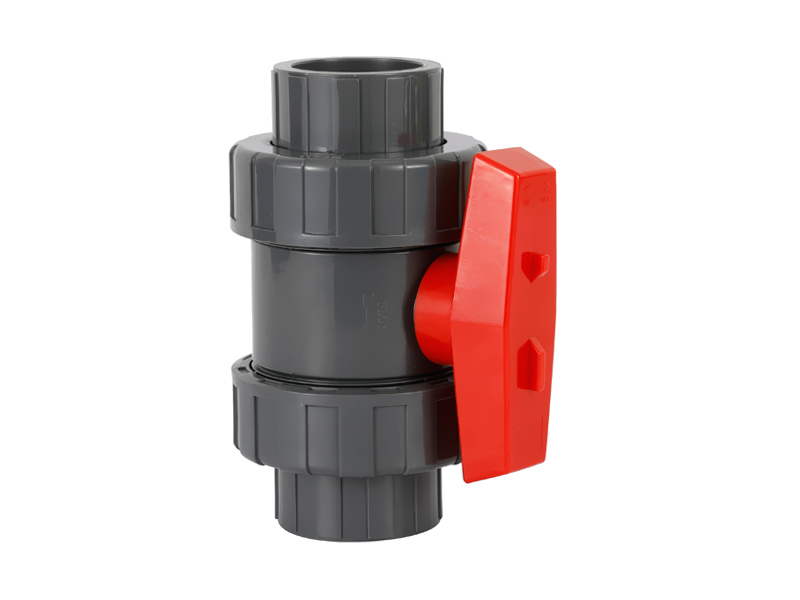

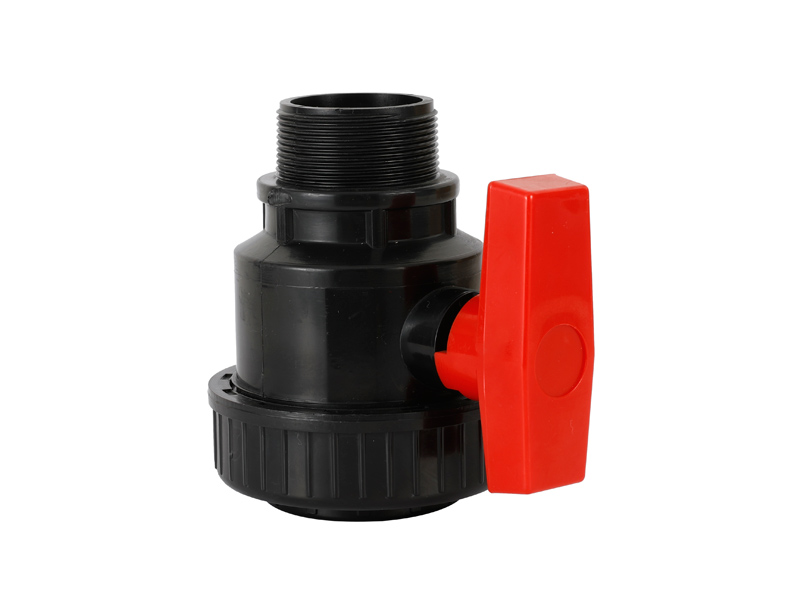
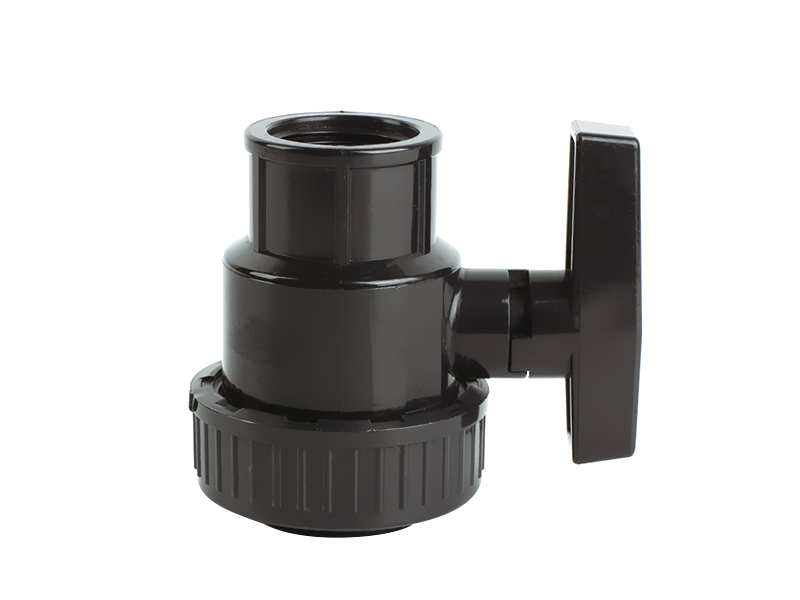
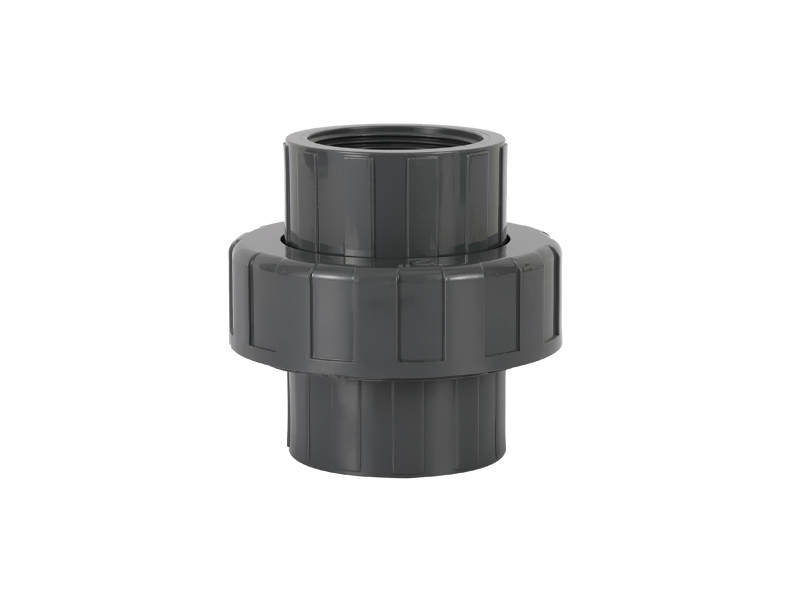
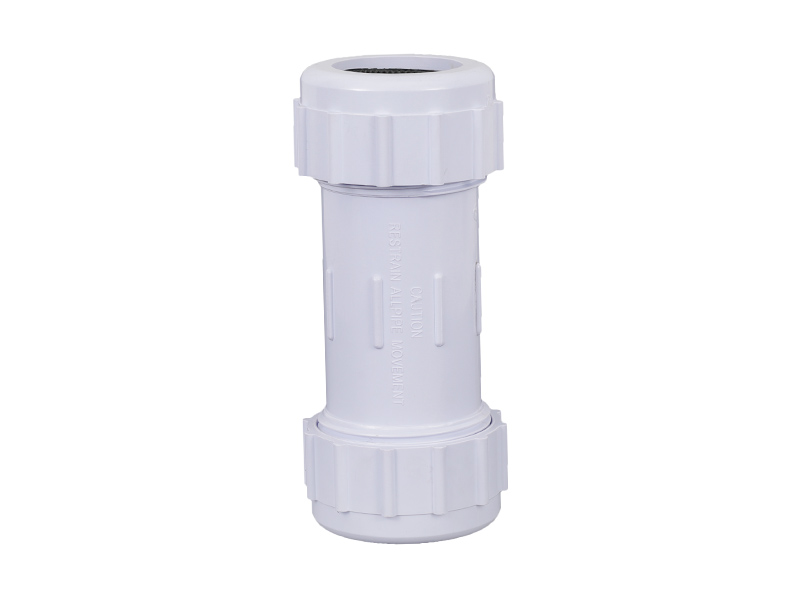
PVC ball valves and plastic valves are widely used in w […]
PVC ball valves and plastic valves are widely used in water treatment applications due to their durability, chemical resistance, and cost-effectiveness. They offer reliable flow control and shut-off capabilities in various stages of water treatment processes. Here are some common application cases of PVC ball valves and plastic valves in water treatment:
Water Intake:
PVC ball valves and plastic valves are often used in water intake systems to regulate the flow of water from natural sources such as rivers, lakes, or reservoirs. These valves allow operators to control the water flow rate and isolate the intake system when needed. The chemical resistance of PVC and plastic valves ensures they can withstand the potentially corrosive nature of untreated water.
Sedimentation and Filtration:
In the sedimentation and filtration stages of water treatment, PVC ball valves and plastic valves are used to control the flow of water through settling tanks and filtration units. These valves allow operators to adjust the water flow to ensure proper sedimentation and efficient filtration processes. Their smooth operation and tight shut-off capability prevent leakage and ensure optimal treatment efficiency.
Chemical Dosing:
Chemical dosing is an essential step in water treatment to disinfect, neutralize pH, and remove contaminants. PVC ball valves and plastic valves are suitable for controlling the flow of chemicals such as chlorine, coagulants, or pH adjusters. Their chemical resistance ensures they can handle the corrosive nature of these chemicals without degradation or leakage.
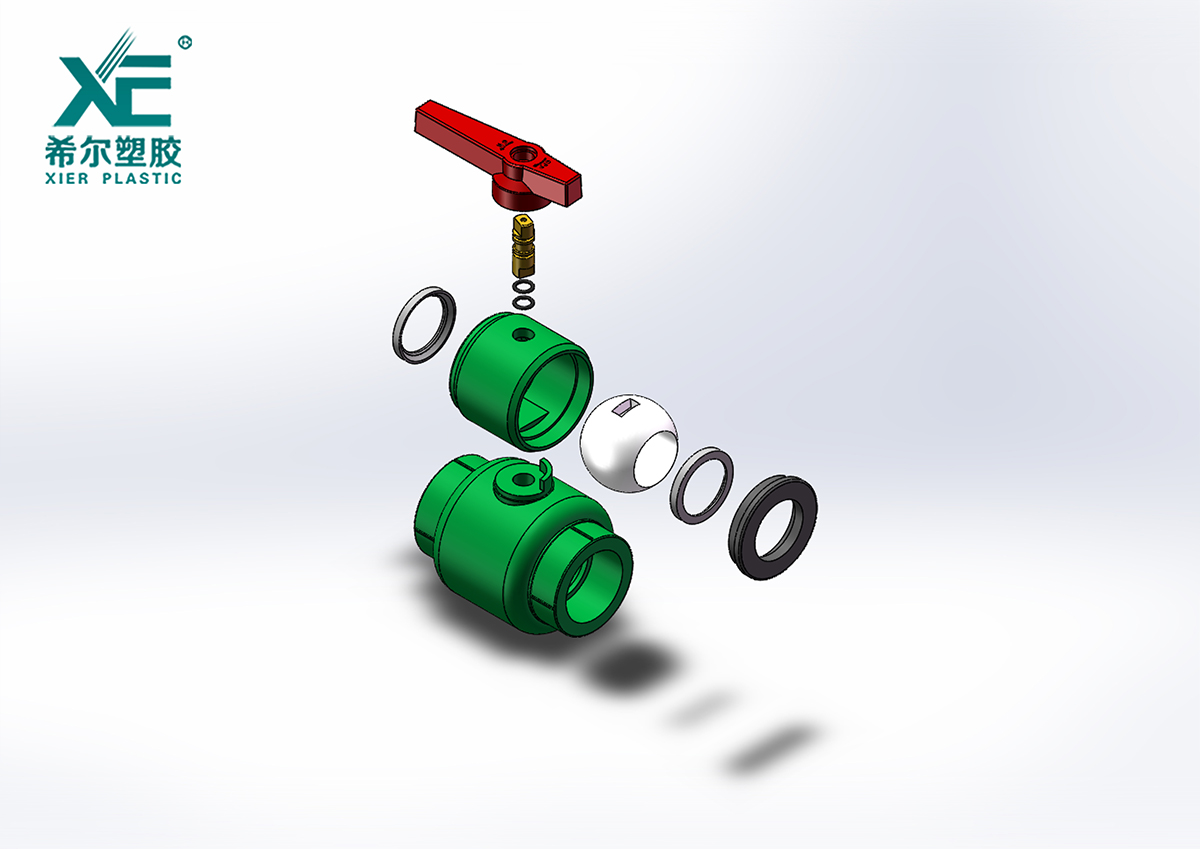
Reverse Osmosis (RO) Systems:
RO systems are used for desalination, purification, and removal of dissolved solids from water. PVC ball valves and plastic valves are commonly employed in RO systems to control the flow of water and concentrate. These valves provide precise flow control and tight shut-off, ensuring efficient operation and preventing any bypassing of water.
Backwashing and Flushing:
Periodic backwashing and flushing are necessary in filtration systems to remove accumulated debris and clean filter media. PVC ball valves and plastic valves are used to control the flow of water during these processes. Their ease of operation and resistance to clogging make them suitable for repetitive backwashing and flushing operations.
Distribution and Pumping Stations:
PVC ball valves and plastic valves find application in water distribution and pumping stations. These valves are used to control the flow of water into different distribution lines, storage tanks, or booster pumps. Their durability, resistance to corrosion, and ease of maintenance make them suitable for long-term use in such demanding environments.
Waste Management:
In wastewater treatment plants, PVC ball valves and plastic valves are utilized to control the flow of wastewater, sludge, or chemicals. These valves allow for efficient routing of wastewater through various treatment processes, including aeration, sedimentation, and disinfection. Their resistance to corrosive chemicals and smooth operation ensure reliable performance in challenging wastewater conditions.
In conclusion, PVC ball valves and plastic valves play crucial roles in water treatment applications. Their chemical resistance, durability, and cost-effectiveness make them suitable for a wide range of processes, including water intake, sedimentation and filtration, chemical dosing, reverse osmosis, backwashing and flushing, distribution and pumping stations, as well as waste management. By providing reliable flow control, tight shut-off, and resistance to corrosion, PVC ball valves and plastic valves contribute to efficient and effective water treatment processes.
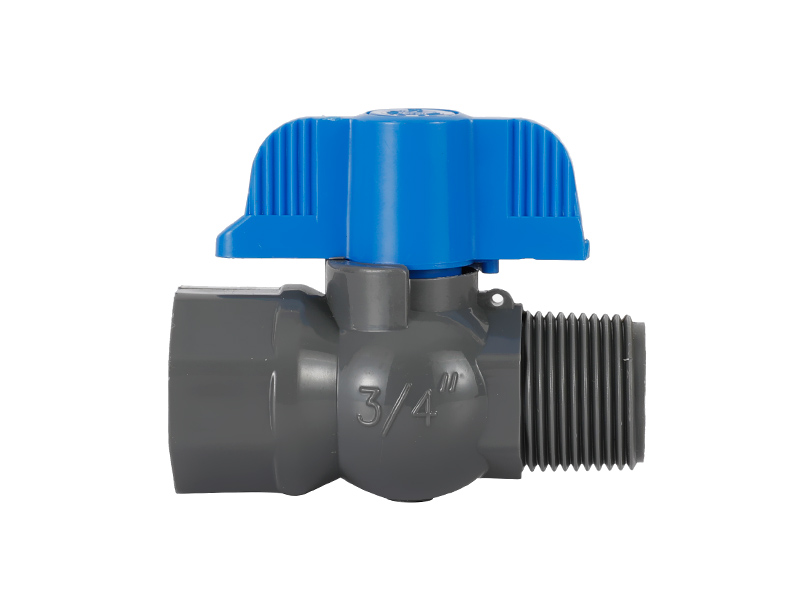
The male ball valve design is a key characteristic...
MORE >>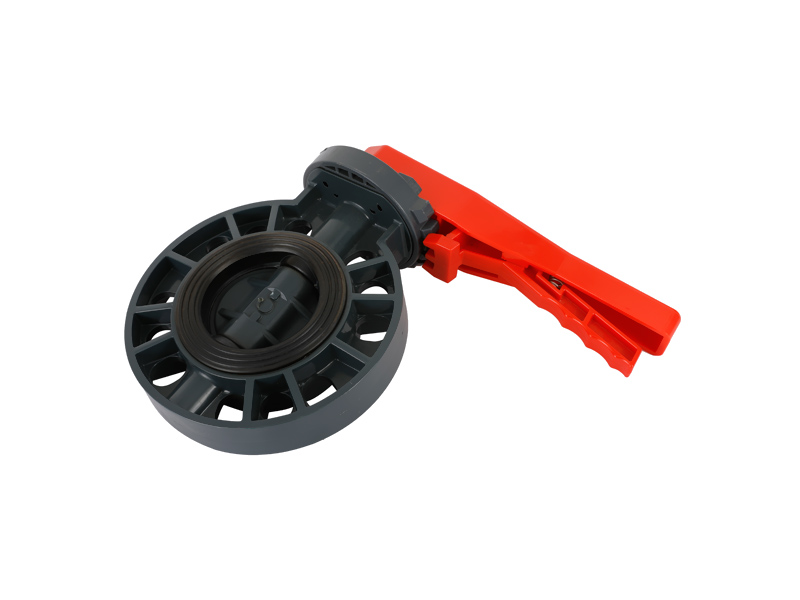
In today's modern world, efficient and reliable wa...
MORE >>
Copyright ©All rights reserved:Zhejiang Xier Plastic Valve Lead Co.,LTD. PVC Ball Valves Manufacturers Technical support: HWAQ  浙公网安备 33060402001174号
浙公网安备 33060402001174号

 English
English España
España عربي
عربي